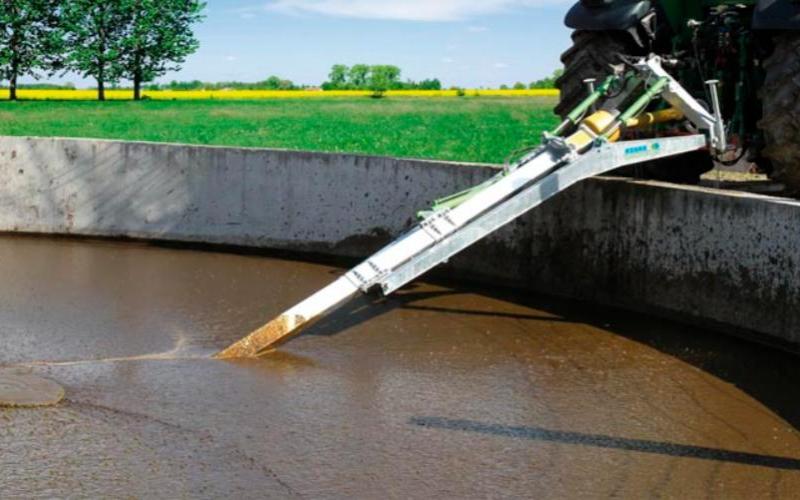EcoPond Innovation Slashes Cow Methane Emissions by Over 90%
Sourse: en.edairynews.com
A revolutionary technique called EcoPond uses a common chemical to dramatically cut methane emissions from cow dung on New Zealand dairy farms by more than 90%.

Scientists Keith Cameron and Hong Di have introduced EcoPond, a game-changing solution that drastically cuts methane emissions from cow dung, a critical issue as such emissions make up about 10% of the livestock methane footprint. The innovative method involves the use of polyferric sulfate in dairy farm wastewater, reducing emissions due to competition between microorganisms.
Unlike costly industrial digesters, EcoPond provides an economically viable alternative for smaller farms. Currently under pilot testing on 250 farms with major New Zealand cooperatives Fonterra and Synlait Milk, EcoPond has the potential to cut dairy farm emissions by 7% to 9%. The process involves treating lagoon slurry with the chemical every six to eight weeks, aiming to meet Fonterra's target of reducing emissions intensity by 30% by 2030. The initiative offers a practical, scalable solution with no adverse effects on soil or pasture, representing a remarkable leap in environmentally sustainable dairy farming and climate change mitigation efforts worldwide.
Unlike costly industrial digesters, EcoPond provides an economically viable alternative for smaller farms. Currently under pilot testing on 250 farms with major New Zealand cooperatives Fonterra and Synlait Milk, EcoPond has the potential to cut dairy farm emissions by 7% to 9%. The process involves treating lagoon slurry with the chemical every six to eight weeks, aiming to meet Fonterra's target of reducing emissions intensity by 30% by 2030. The initiative offers a practical, scalable solution with no adverse effects on soil or pasture, representing a remarkable leap in environmentally sustainable dairy farming and climate change mitigation efforts worldwide.
Key News of the Week










